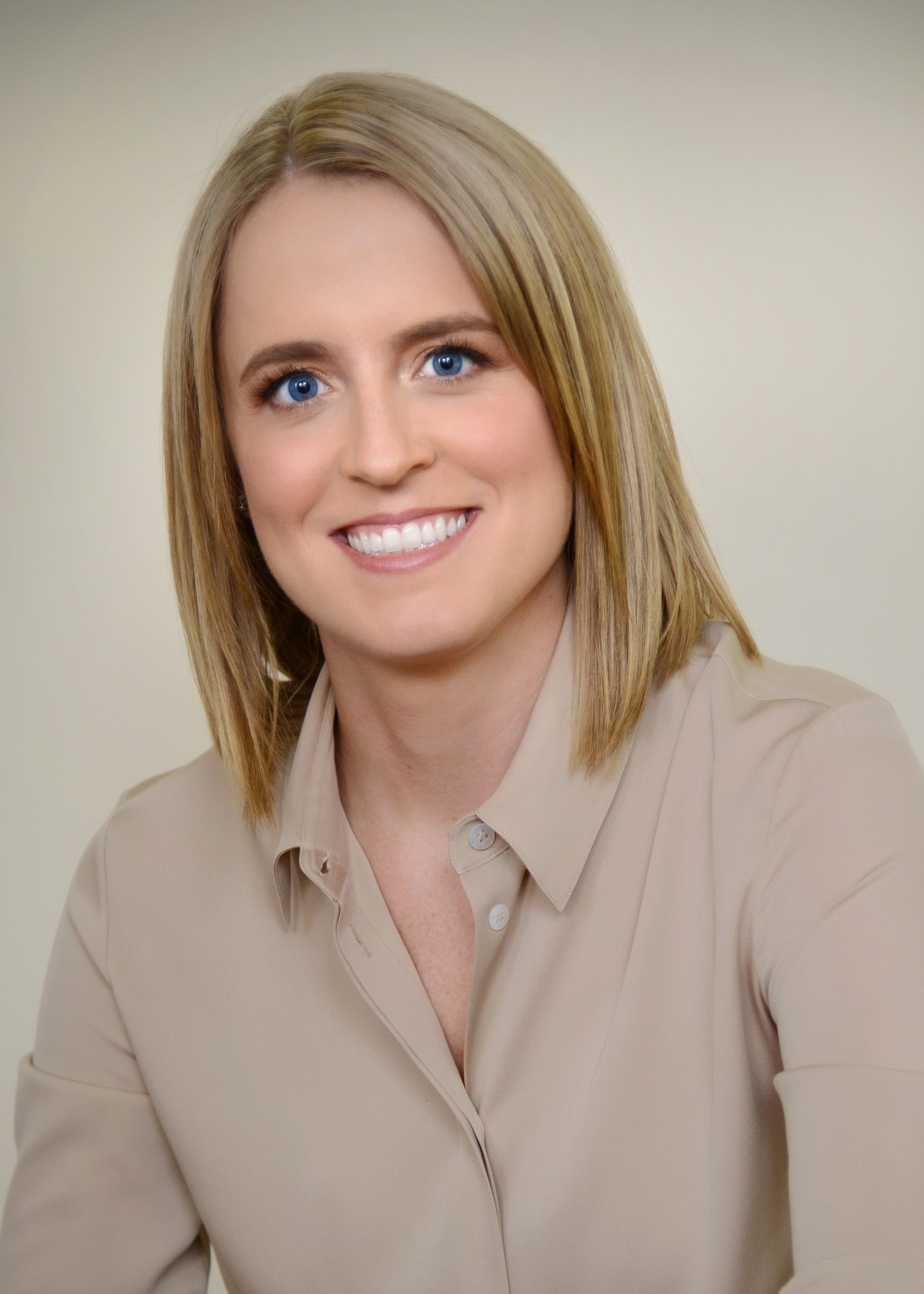When I first took on my position at Huntington Learning Center, there were so many ideas that I had and new initiatives that I wanted to start. I quickly learned that in order to make an impact and be a successful change agent in a well-established company, you have to be strategic. Here are some lessons I’ve learned along the way.
-
Get to know your colleagues and stakeholders. This is a great rule of thumb for almost every business dealing. It’s so important to be able to hear and understand where your colleagues and stakeholders you’re working with are coming from. What areas matter the most to them? What drives them in terms of their goals and business approaches? What are they trying to achieve, and how can you help them get there? Thinking from their perspective allows you to better understand how to approach them with your ideas and how to collaborate effectively.
-
Carve out areas in the company that you can own. Instead of trying to affect change in someone else’s department (which can often be a fool’s errand), take some time to identify needs in the company that aren’t being met that you may have experience in and passion for; then, take ownership of these needs and propose and create solutions. Start small, prove yourself, and expand from there. This is a great way to build up trust and respect from your colleagues, and position yourself for long-term success in the company.
-
Once you’ve found a project you want to take on, back up your position. Provide data, case studies, recent articles and expert opinions to add credence to your argument or idea. That way, you’re showing A) that you’ve researched and considered this topic, which goes a long way, and B) that you have a subjective viewpoint on how this effort can help the company’s success.
-
Find an ally. Having buy-in from other members of the team can go a long way to help build credibility and collaboration. Building relationships and mentorships have many benefits, both personally and professionally, one of which is the ability to bounce your ideas off of someone more experienced, and gain their support for it and for you to do the same for their ideas. If you have an idea you’d like to share with your colleagues, first approach a trusted confidante for their take on it. If they support your idea and are willing to back you up in a meeting or one-to-one with other colleagues, that can really help you get your message heard.
-
Be delicate when it comes to other people’s points of view. The easiest way to kill an otherwise productive conversation is to (consciously or otherwise) create an ‘Us vs. Them’ mentality between the players in the room. While there’s certainly value to being “the millennial voice in the room,” you don’t want to lock yourself into that identity and risk alienating your colleagues. When referring to millennials, refer to data and insights as opposed to relying just on your personal experiences. This will keep the conversation from feeling too personal, and can allow people to disassociate themselves from their own preferences and biases.


